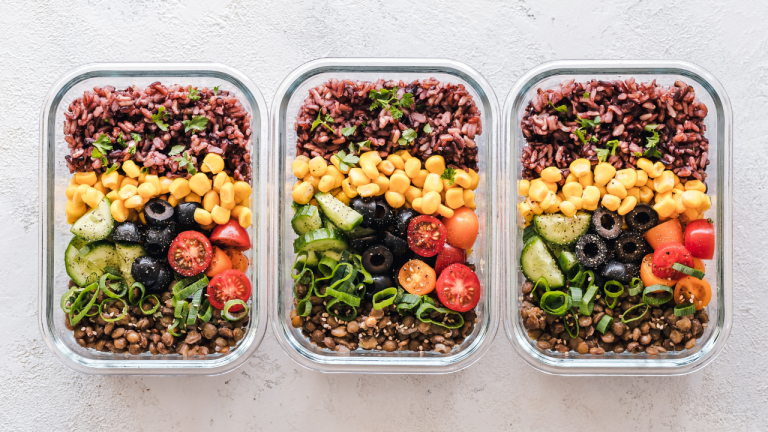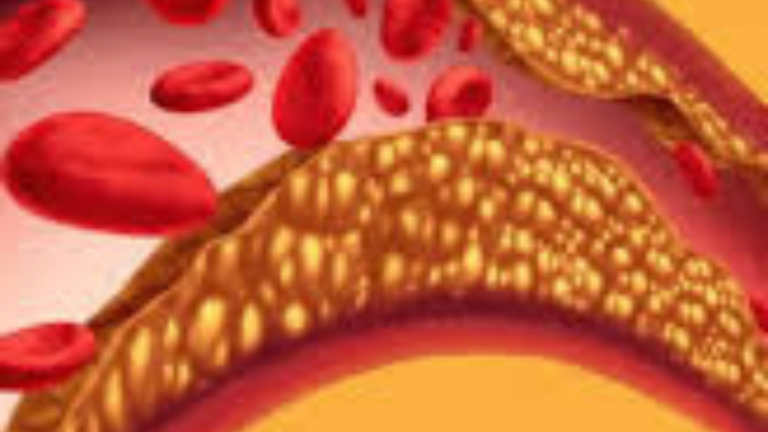How can a Vegetarian or Vegan Diet Provide all Necessary Nutrients?

A vegetarian or vegan diet can provide all necessary nutrients by including a variety of plant-based foods that are rich in essential nutrients. Here are some tips on how to ensure you are getting all the necessary nutrients:
Protein: Plant-based protein sources include beans, lentils, chickpeas, tofu, tempeh, seitan, nuts, and seeds. These foods can be included in meals throughout the day to ensure adequate protein intake.
Iron: Plant-based sources of iron include beans, lentils, spinach, tofu, tempeh, quinoa, fortified cereals, and dried fruit. To help your body absorb iron better, eat these foods with foods high in vitamin C, such as citrus fruits, bell peppers, and broccoli.
Calcium: Plant-based sources of calcium include leafy greens such as kale, collard greens, and bok choy, as well as tofu, tempeh, fortified plant milk, and fortified orange juice.
Vitamin B12: Vitamin B12 is primarily found in animal-based foods, so it is important for vegetarians and vegans to supplement with B12 or eat B12-fortified foods, such as plant-based milk, cereals, and nutritional yeast.
Omega-3 fatty acids: Plant-based sources of omega-3 fatty acids include flaxseeds, chia seeds, hemp seeds, walnuts, and algae-based supplements.
Vitamin D: Vitamin D can be found in fortified plant milk, cereals, and mushrooms exposed to UV light. It can also be produced in the skin through sun exposure, but this may not be adequate for people living in areas with limited sunlight.
It is important to ensure that your diet is well-balanced and includes a variety of plant-based foods to ensure that you are getting all the necessary nutrients. You may want to consider working with a registered dietitian who can help you plan a balanced vegetarian or vegan diet.



